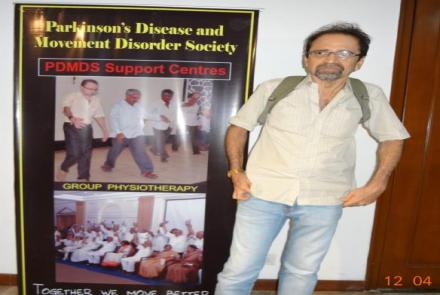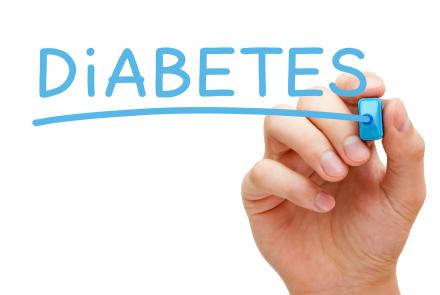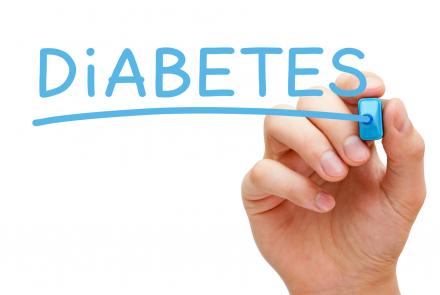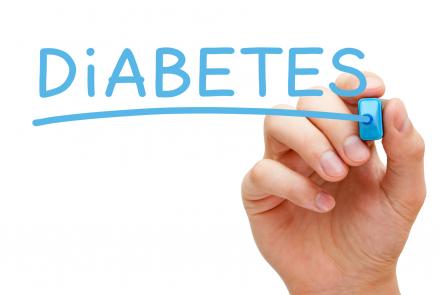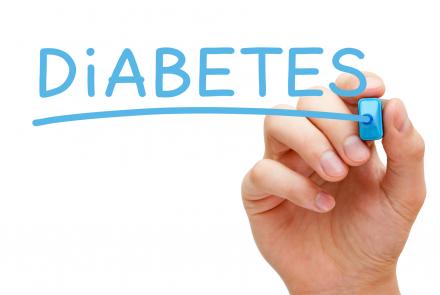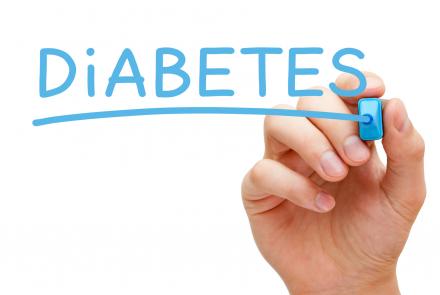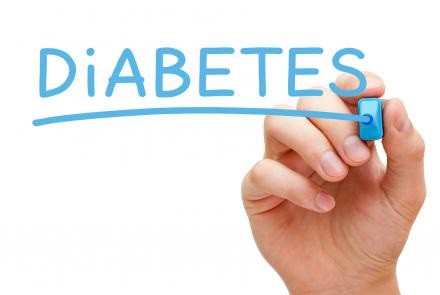Dyskinesia is a term that is used to describe excessive movement which is beyond one’s control.
Scientists believe that the areas in the brain which are responsible for producing movement become over – stimulated. This leads to excessive and unwanted movement.
However, remember that dyskinetic movements are not tremors. Tremor is a symptom of Parkinson’s, whereas dyskinesia is more often thought to be a side effect of Levodopa.
People experience different kinds of…
Latest Stories
- What is Young Onset Parkinson’s Disease Although Parkinson’s is mainly a condition that affects the elderly, it is sometimes seen in people who are much younger as well. Young onset Parkinson’s is seen in people who are diagnosed with Parkinson’s before the age of 50 years. Common Symptoms Most of the symptoms for Parkinson’s are generally the same no matter at what age it is diagnosed and the rate of progression varies from individual to individual. However, young onset Parkinson’s…
- Depression is devastating, insidious, it can break up relationships and ruin friendships, but with the right tools and support, it can be beaten. Caring for a man who is suffering from depression can be even harder, because depression isn't often seen - it's felt. 4 tips for a caregiver to balance your way through a mine field of defensiveness, denial, anger, and despondence. Tip #1 Understand His Depression "There are wounds that never show on the body that are…
- Type 1 diabetes cannot be prevented but onset of Type 2 diabetes in most cases may be prevented by watching your diet, managing your weight and changing your lifestyle. At the very least the progression of Type 2 diabetes can be managed. Simple steps to prevent Type 2 Diabetes Shed the pounds! Lose weight and maintain a healthy BMI to prevent risk of Type 2 Diabetes Get moving! A daily cardiovascular exercise regime of minimum 30-40 minutes is most beneficial. Watch what you eat! A…
- You need a healthy meal plan and an exercise regimen. Being active is very important as it helps the body use insulin more efficiently to convert glucose into energy for the cells. Food and Nutrition Making the right food choices is very important in managing diabetes. We make it easy for you to eat well and healthily with simple dos and dont’s, tips for creating a healthy plate and examples of low-glycaemic index foods. Physical Fitness Exercise plays a key role in managing…
- There is a lot you can do to control your diabetes and stay healthy. Take your medication (if prescribed) regularly, whether it is oral medication or Insulin injections. Untreated diabetes is the cause of many complications, such as blindness, heart and blood vessel disease, stroke, kidney failure, impotence in men, nerve damage and diabetic ketoacidosis. Gestational diabetes can cause birth defects. Complications Unmanaged diabetes can lead to many serious complications that may affect…
- What tests do you need to have done? Your doctor may recommend the following tests: Fasting Plasma Glucose (FPG): This is a blood test that is done first thing in the morning. You have to fast for eight hours before the test. You are allowed to drink water. If your fasting blood glucose is 100 mg/dL - 125 mg/dL you are considered Prediabetic. If it is 126 mg/dL or more in two or more tests, you are considered to have diabetes. Oral GlucoseTolerance Test (OGTT): This test checks your…
- There are different types and stages of diabetes Prediabetes: is when your blood glucose levels are higher than normal but not high enough to be diabetes. Simply put, prediabetes puts you at risk of developing diabetes unless you change your lifestyle and bring down the amount of glucose in your blood. According to the Centers for Disease Control and Prevention (CDC), 15 to 30 per cent of prediabetics develop Type 2 Diabetes within five years if they do not change their lifestyle. But just…
- You could have no symptoms or you could have one or more of the following symptoms. These symptoms are common for both Type 1 Diabetes (earlier called Juvenile diabetes) and Type 2 Diabetes Mellitus. Increased thirst Frequent urination Blurred vision Extreme fatigue Weight loss Increased hunger Irritability Tingling or numbness in the hands or feet Frequent skin, bladder or gum infections Wounds that don't heal


